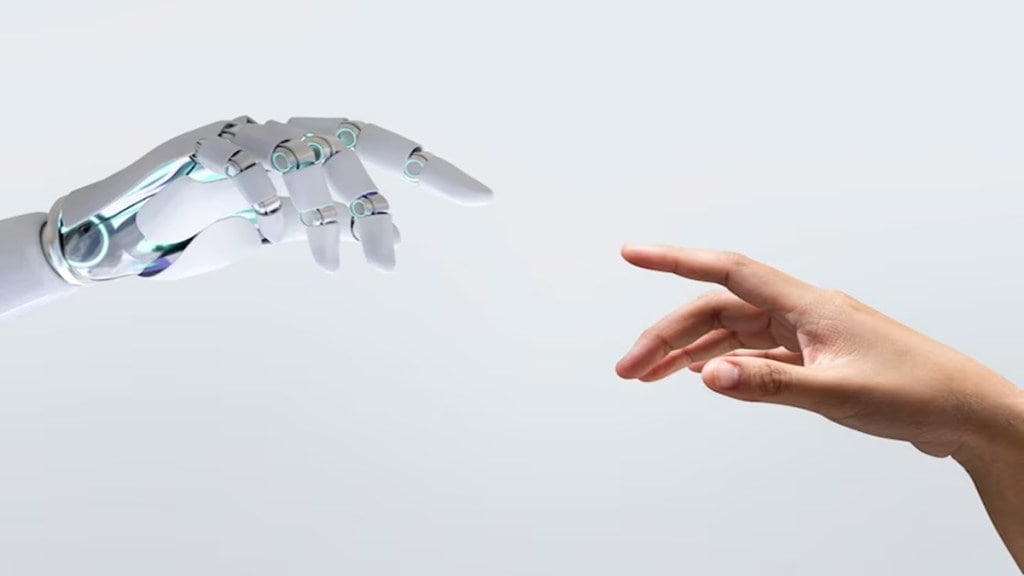AI in consumer tech is entering into the next phase with focus on making it as the natural interface between users and the devices. This will also lead to enabling an intelligent ecosystem which is hyper-personalised and context aware, a new report from Techarc revealed on Wednesday.
“Whats happening in the consumer tech especially around mass markets is that OEMs are looking for differentiation and they see AI as the means to achieve it. This era of AI (2025-30), we are going to see OEMs using AI create differentiated value for consumers which will also elevate consumer experiences,” Faisal Kawoosa, founder and chief analyst at Techarc said in a statement.
Report Key Takeaways :The report which also captures perspectives of 8 consumer tech ecosystem players including chipset and device makers, brings out how AI will interplay with the consumer tech and transform the proposition by 2030. Some of the key takeaways of the report are outlined below.
The devices will become context aware and intelligent to trigger actions using predictive models. This will reduce need for human intervention while the devices will adapt themselves to the user behaviour.
Users will experience unified and seamless AI experience agnostic of device, platform or the form factor. The device portfolio of a user will talk the same language and deliver connected and unified experiences.
AI will support greater real-time use cases with on-the-fly computing and processing leading to use cases like real-time multilingual voice translation, real-time creative assistance, etc.
The consumer tech industry, especially the mid-market players credit declining trends in chipset cost as the leading market force driving AI adoption across masses. At the same time, they see AI as means to create differentiated experiences in a saturated market. However, creating defensible and unique differentiations remains a challenge.
Specific to Indian context, AI is seen as a great enabler to improve communication and connectivity in a multi-lingual environment. The digital first user base is seen as a strength to deliver such unifying experiences.
OEMs want to deliver Human centric interaction and personalisation using AI. They also see AI as means to enhance productivity and efficiency of users.
Use of AI in specific use cases like Gaming is also seen as a distant benefit accruing out of AI integration in consumer tech.
OEMs are graduating from creating curious and exciting AI experiences to more rational and practical usage of the artificial intelligence. The OEMs give highest priority (30%) to using AI in problem solving and aiding workflow optimisation.
Several OEMs, especially the ones focusing at mass markets, want to increase AI accessibility and democratise the technology by bringing it to masses.
Using AI as a means to improve device performance across areas like battery and security is still a niche strategy. At the moment it is the least of the priority for OEMs while defining the strategy behind their AI roadmap.
“Over the last few years, AI has become a crucial component driving bold transformations. By cutting through complexity, it empowers faster, smarter decisions that drive real business outcomes. The future belongs to organisations that align people, purpose, and plans to harness AI’s full potential. Operational excellence is just the beginning; inclusive intelligence is the destination,” Saurabh Kumar, Partner, Deloitte India noted.








